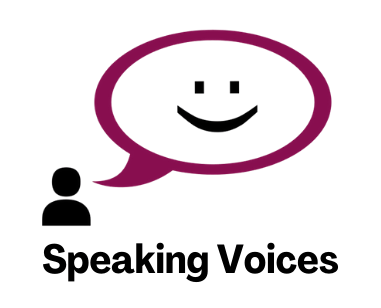How we consider the rate of the language’s speed is to look at the number of syllables spoken per second. Numerous linguistics studies have looked into this metric and many come to the same conclusion of which language is the fastest spoken language. A study from 2019, conducted with 170 native adult speakers across 17 different languages highlights that the speed of the language is due to the phonetic structure of the language.
Researchers often use syllables rather than words as the main metric to study the speed of a language because each length of a word may vary across all languages, so looking at each syllable is the most accurate way. In this blog, I will also combine the study from 2011, which also conducted a similar study and other languages that were not included in those studies.
12. Mandarin
11. Vietnamese
10. Korean
9. English
8. Hindi
7. German
6. Portuguese
5. Turkish
4. Italian
3. French
2. Spanish
The FASTEST Language goes to
1. Japanese
Now we know the fastest language in the world is Japanese. From the academic studies they have found that Japanese is the fastest recorded language. It’s always great to learn a new language and to keep refining the accent and pronunciation of that language. However, it may be difficult to speak like a native speaker if you don’t seek help from professionals, to execute the sounds, intonation and rhythm of the language perfectly.
—————————————————
At Speaking Voices, we offer high-quality British English Pronunciation courses for non-native English speakers. So, if you need help with your British English Pronunciation, don’t hesitate to contact us and get started today!
Thank you for reading this article, if you want to support me, consider leaving a tip to help me create more content like this. Every tip helps me enhance my blog and bring you more insights, tips, and stories! Donate here.

